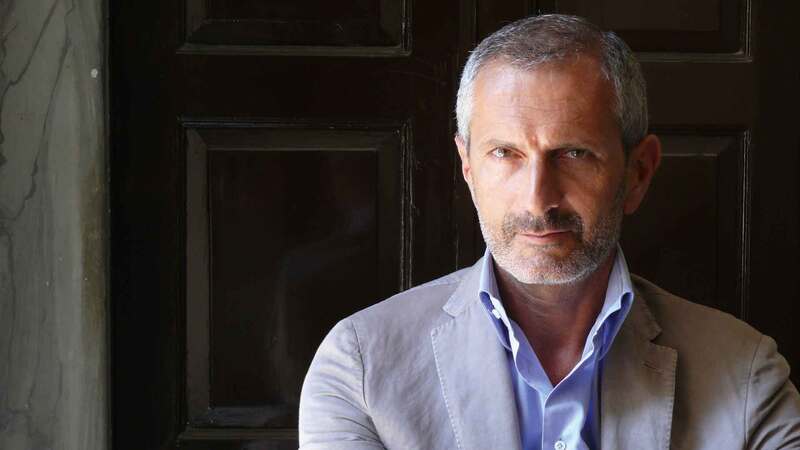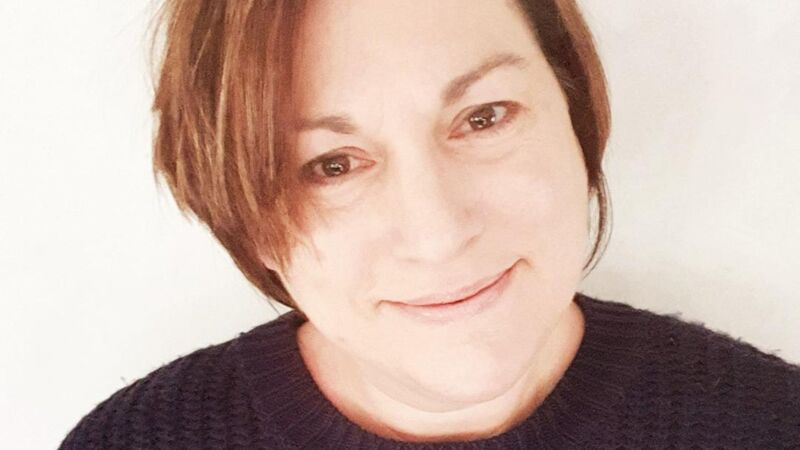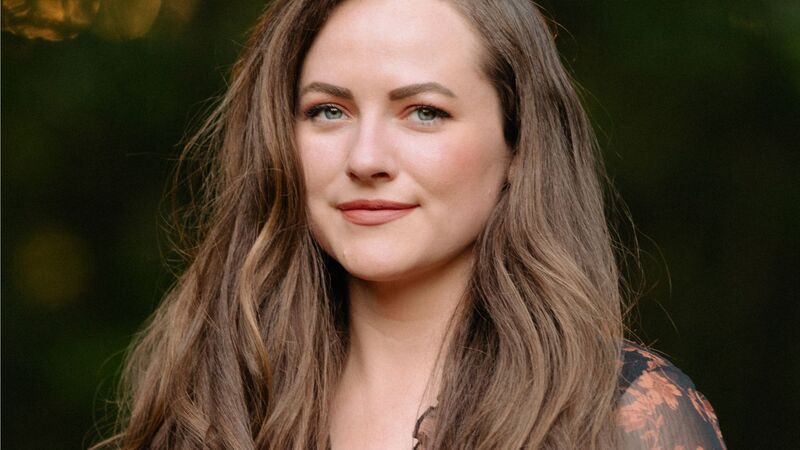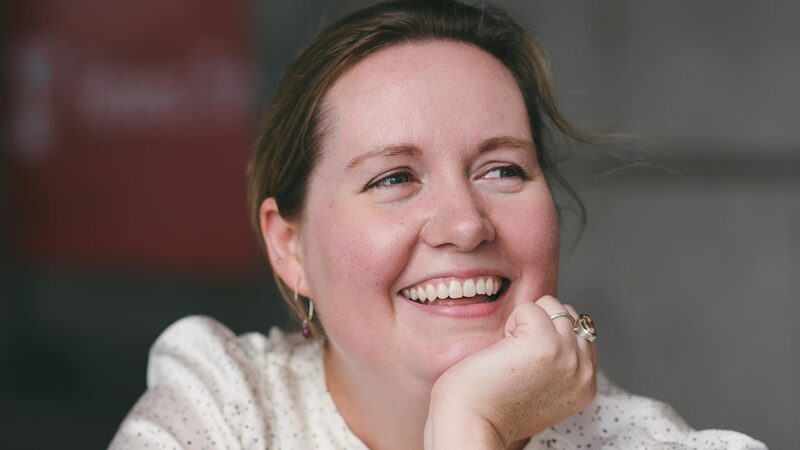You are viewing your 1 free article this month. Login to read more articles.
Extract: Y
My life begins at the Y. I am born and left in front of the glass doors, and even though the sign is flipped “Closed,” a man is waiting in the parking lot and he sees it all: my mother, a woman in navy coveralls, emerges from behind Christ Church Cathedral with a bundle wrapped in grey, her body bent in the cold wet wind of the summer morning. Her mouth is open as if she is screaming, but there is no sound here, just the calls of birds. The wind gusts and her coveralls blow back from her body, so that the man can see the outline of her skinny legs and distended belly as she walks toward him, the tops of her brown workman’s boots. Her coveralls are stained with motor oil, her boots far too big. She is a small, fine-boned woman, with shoulders so broad that at fi rst the man thinks he is looking at a boy.
She has deep brown hair tied back in a bun and wild, moon-grey eyes. There is a coarse, masculine look to her face, a meanness. Even in the chill, her brow is beaded with sweat.
The man watches her stop at the entrance to the parking lot and wrench back her head to look at the sky. She is thinking. Her eyes are wide with determination and fear. She takes a step forward and looks around her. The street is full of pink and gold light from the sun, and the scream of a seaplane comes fast overhead, and the wet of last night’s rain is still present on the street, on the sidewalk, on the buildings’ reflective glass. My mother listens to the plane, to the birds. If anyone sees her, she will lose her nerve. She looks up
again, and the morning sky is as blue as a peacock feather.
The man searches her face. He has driven here from Langford this morning, left when it was still so dark that he couldn’t see the trees. Where he lives, deep in the forest, no sky is visible until he reaches the island highway. On his road, the fir trees stretch for hundreds of feet above him and touch at the tips, like a barrel vault. This road is like a nave, he thinks every time he drives it, proud, too proud, of his metaphor, and he looks at the arches, the clerestory, the transept, the choir, the trees. He rolls down his window, feels the rush of wind against his face, in his hair, and pulls onto the highway: finally, the sky, the speed.
It opens up ahead of him, and the trees grow shorter and shorter as he gets closer to town; the wide expanse of the highway narrows into Douglas Street, and he passes the bus shelters, through the arc of streetlights, past the car dealership where he used to work, the 7-Eleven, Thompson’s Foam Shop, White Spot, Red Hot Video, and then he is downtown, no trees now, but he can finally smell the ocean, and if he had more time he’d drive right to the tip of the island and watch the sun come up over Dallas Road..
Now, in the parking lot, he is hidden behind the glare from the rising sun in the passenger-side window of his van. He sees my mother kiss my cheek—a furtive peck like a frightened bird—then walk quickly down the ramp to the entrance, put me in front of the glass doors, and dart away. She doesn’t look back, not even once, and the man watches her turn the corner onto Quadra Street, her strides fast and light now that her arms are empty. She disappears into the cemetery beside the cathedral. It is August 28th, at fi ve-fifteen a.m.
My mother is dead to me, all at once.
Y by Marjorie Celona is published by Faber.














